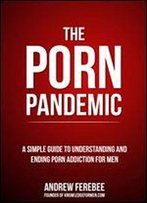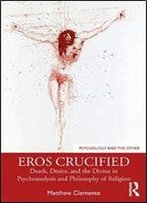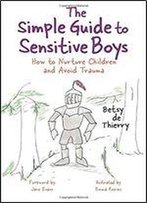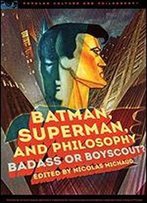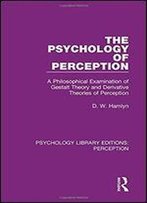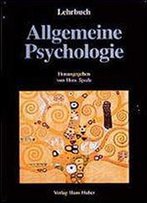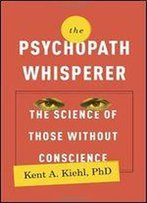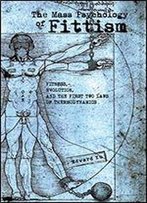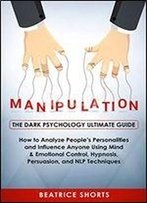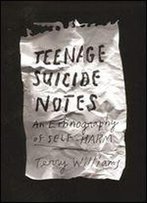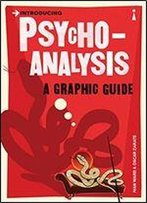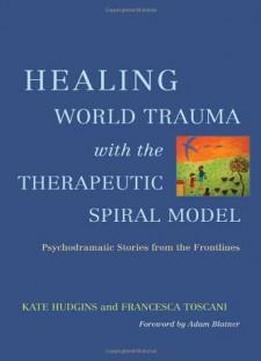
Healing World Trauma With The Therapeutic Spiral Model: Psychodramatic Stories From The Frontline
by Kate Hudgins /
2013 / English / PDF
3.6 MB Download
The Therapeutic Spiral Model (TSM) was developed as a clinical
method of addressing deep issues of trauma, notably post-traumatic
stress disorder (PTSD) relating to physical and emotional abuse and
addiction. A modified form of classical psychodrama and
experiential psychotherapy, it is today used with survivors of many
different forms of trauma in over twenty countries worldwide. This
book provides a succinct and accessible introduction to the
Therapeutic Spiral Model in practice and its evolution, explaining
how it works, its relationship with classical psychodrama,
neurobiology, experiential psychotherapy and clinical psychology,
and how it differs from other experiential therapeutic methods. For
the first time, it describes the ways in which the TSM model has
been used with diverse populations, and in different languages and
cultures, in chapters contributed by experienced practitioners from
the USA, the UK, Canada, Australia, South Africa and Taiwan. The
original clinical applications of the TSM model are described, and
detailed examples are given of its more recent applications,
including its use with mothers affected by domestic violence, in
work with traumatised families, with survivors of ethnic conflict
and with men who are incarcerated. Providing research-based theory
and immediate, hands-on models of treatment for clinicians to use,
this is a valuable resource for drama therapists, expressive arts
therapists, counselors, community workers, peace builders and other
psychology, social work and counselling professionals working with
survivors of trauma.
The Therapeutic Spiral Model (TSM) was developed as a clinical
method of addressing deep issues of trauma, notably post-traumatic
stress disorder (PTSD) relating to physical and emotional abuse and
addiction. A modified form of classical psychodrama and
experiential psychotherapy, it is today used with survivors of many
different forms of trauma in over twenty countries worldwide. This
book provides a succinct and accessible introduction to the
Therapeutic Spiral Model in practice and its evolution, explaining
how it works, its relationship with classical psychodrama,
neurobiology, experiential psychotherapy and clinical psychology,
and how it differs from other experiential therapeutic methods. For
the first time, it describes the ways in which the TSM model has
been used with diverse populations, and in different languages and
cultures, in chapters contributed by experienced practitioners from
the USA, the UK, Canada, Australia, South Africa and Taiwan. The
original clinical applications of the TSM model are described, and
detailed examples are given of its more recent applications,
including its use with mothers affected by domestic violence, in
work with traumatised families, with survivors of ethnic conflict
and with men who are incarcerated. Providing research-based theory
and immediate, hands-on models of treatment for clinicians to use,
this is a valuable resource for drama therapists, expressive arts
therapists, counselors, community workers, peace builders and other
psychology, social work and counselling professionals working with
survivors of trauma.
